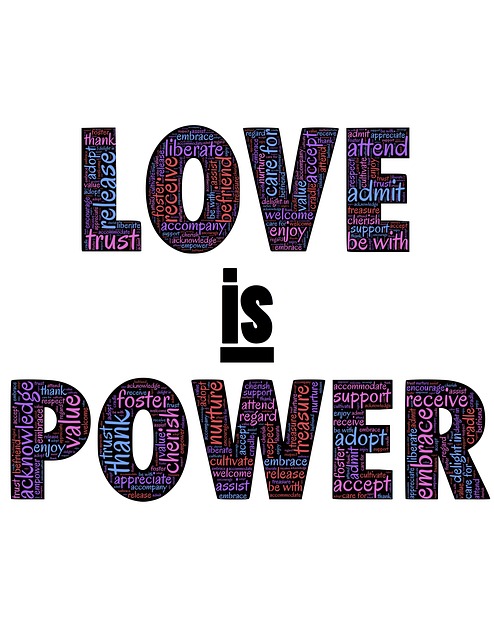The Looking Glass of Borderline Personality Disorder

Having Borderline Personality Disorder is like being in a room with four glass walls. It separates the entity, known as you, from the rest of the entire world. You can pound on the glass all you want, jump up and down, send S.O.S. smoke signals, but no one comes. You reach out to hear and be heard, to touch and be touched, to feel and be felt. Yet all you hear is the echo of your own voice coming back, distorted, desolate, and desperate. There are no true connections, just pieces of humanity like arms and legs and mouths and eyes. Nothing makes sense. It seems like you can’t break the barrier no matter how hard you try.
There is a ravenous craving in your soul for attention, any attention, that cannot be soothed. People cannot see the real you, and you feel invisibly less than for this. You seek companionship that is authentic and real, because anything less is painful. But since you are able to feel others thoughts about you, you know the truth, you are too much for them. ‘Fear of abandonment’ is the script running the entire show.
Inside lives an emotional black hole that sucks your life force and everything good that ever comes your way. It is hungry for life and will take nothing less. It is severe depression of nuclear proportions, intense emotional pain that never goes away, never gives in. Deep in this pain, we bargain-plead-sob-pray for it to stop. Some of us take our own lives; finally an end to our pain. (I don’t recommend that, and if you hang in there you may find that you have some spiritual gifts to offer the world.)
Everyone is in on the party of life except you: the emotional tsunami. You try to stabilize yourself on the shifting sands beneath you, but you never seem to be able to get a foothold. You trip, you stumble. You reach out for someone to help you and they’ll stand on solid ground with the rope in hand, telling you to grab securely, but you can’t.
How did it get this way? Was it always like this? I can’t remember. Was I ever normal? I remember knowing things as a child, secretly knowing how people felt but my feelings didn’t match their words. This skewed my internal guidance system, I learned to label myself “wrong” in every situation.
I remember hope being alive, right around the corner, only to be disappointed repeatedly as things got worse not better. I had no one on my side, not even my own twin. I remember moving around often, each summer, and I couldn’t connect to the other kids or day care workers. Staring at blank faces, begging someone to give me the reflection of, “it’s going to be okay” or “you’re not alone”.
When I was younger, the text books would state the cause of Borderline was sexual abuse by the father or patriarchal figure, and neglect from the mother. How does one quantify neglect? If your parent ignored you repeatedly, did not care for your needs, did not engage you in conversation or teach you life skills, if you cooked your own food and kissed your own wounds, you may have been neglected. Your parents or familial figures were not there for you or were present in such a way as to split your psyche into many fragmented pieces. There was no steady and no normal, just the dysfunctional agenda of the parents pushed onto a fragile sensitive child, who tries to keep it together while their home life crashes around them daily.
If this sounds like what you are going through, hang in there. It does get better and it is not your fault. You may carry the genetic marker for low stress tolerance, which is overwhelmed early in life by an unstable home life. You may be like me, an empath, where you feel another’s pain and thoughts. In an already volatile and erratic world, traits of being an empath are magnified and twisted so you cannot properly access your gifts.
Whatever your circumstances, or illness, you are more than an typed entry in a mental health statistics manual. There is a way out, it starts with being on your own side, no matter what. Loving yourself no matter what. Knowing you can get through this. You are not alone.







